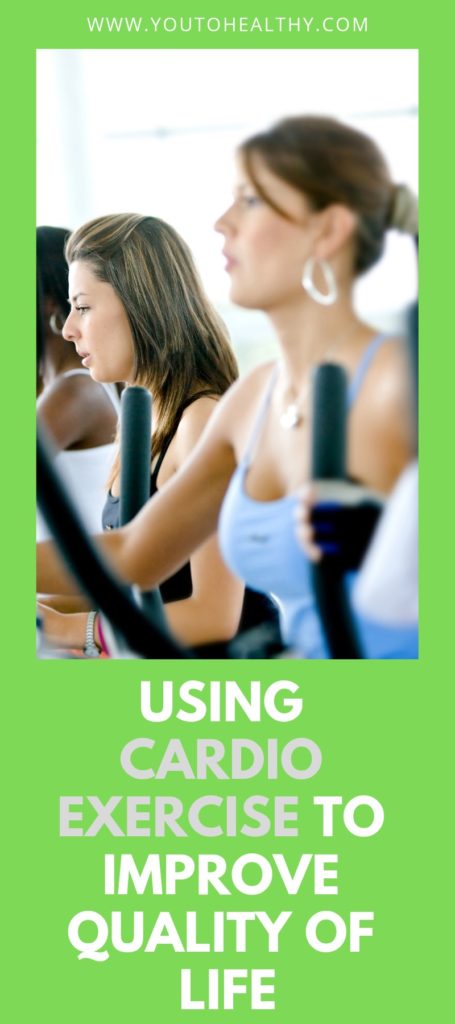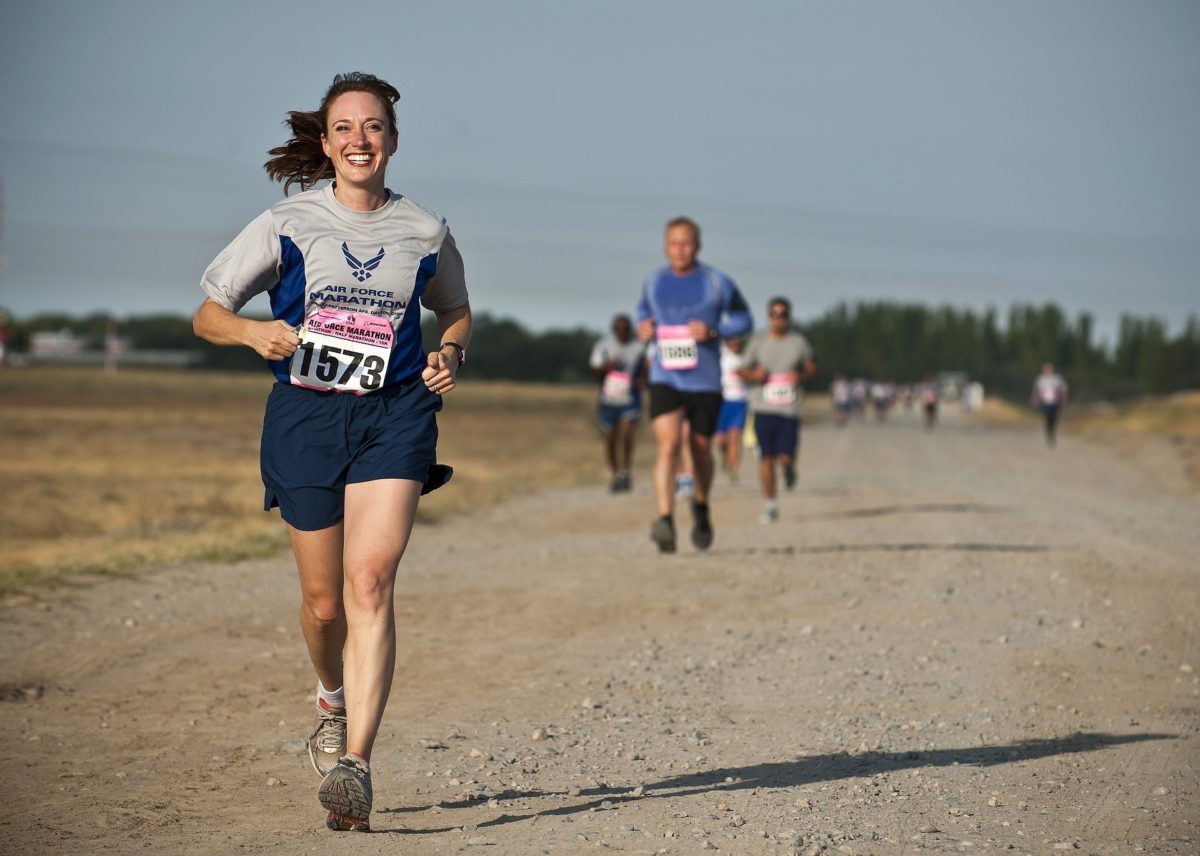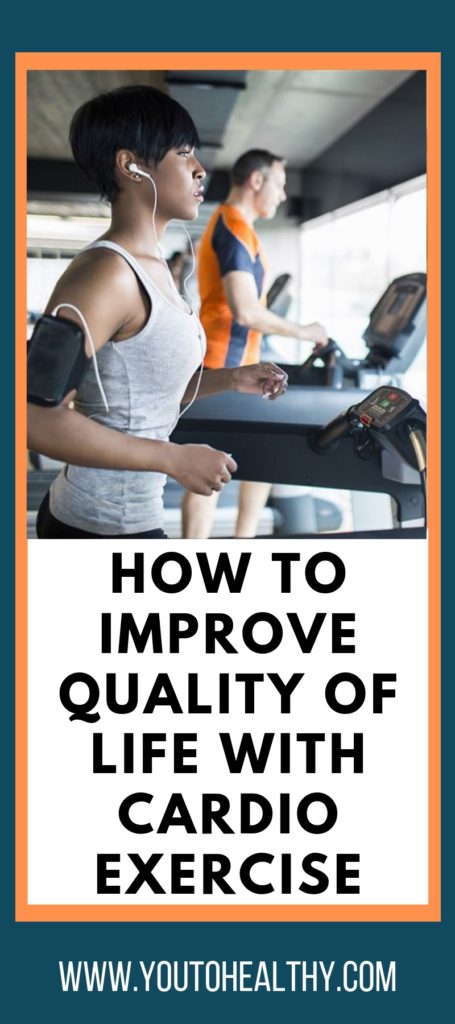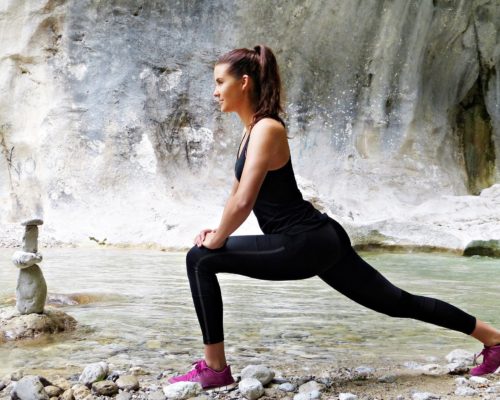“Cardio” exercise, as the name implies, is a form of exercise that strengthens the heart and maintains blood vessel elasticity. Scientifically, it is called aerobic exercise. It involves inhaling a greater (healthy) volume of air to perform a specific physical activity.
When done correctly, the benefits of cardio extend beyond the heart and blood vessels. All of your organs and even your
Research has revealed that regular physical activity (burning > 2000 kcal per week) is associated with an average increase in life expectancy. Possibly as much as one to two years by the age of 80. And the overall improvement in quality of life is proportional to the level of energy expended—even at low rates.
More focused studies have shown that an average energy expenditure of about 1000 kcal per week is linked to a 20–30 percent reduction in all death cases.
Currently, most health and fitness professionals advocate exercising three times a week minimum, burning no less than 1000 kcal in total. They acknowledge the added benefits of higher-energy expenditures. The more cardio exercise you practice, the better quality of life you get in return.

Cardio exercise helps prevent and treat the underlying conditions of diabetes and heart disease
There’s good news for diabetics. If you are a type II diabetic practicing moderately intense levels of cardio exercise (> 31 mL oxygen per kilogram per minute) or you walk more than two hours a week, your odds of having a heart attack that leads to sudden death are significantly reduced.
Cardio exercise increases quality of life for the elderly
Investigators have guessed that any levels of weekly energy expenditure may bring improvement in quality of life. Amazingly, exercise that is about half the amount of what is currently recommended may be sufficient, especially for people who are frail or elderly.
In 2018, Bullo and associates prescribed Nordic Pole Walking, a directed technique of cardio training for the elderly. Their studies uncovered an improvement in the following aspects: dynamic balance by 33%, muscle strength of the lower body by 39%, aerobic capacity by 75%, flexibility of the upper body by 41% and, amazingly, the quality of life by 91% (1).
Volunteers in the study who quit smoking and performed cardio for up to 12 months also showed changes. Because of cardio exercise, they had remarkable improvement in their quality of life and their overall sense of well-being.
Cardio exercise diminishes the chances of cancer developing or progressing
Some cancer patients who are medically fit for cardio exercise have utilized a combination of cycling, resistance training, and strength training. Because of those changes, they have shown staggering results. They showed improvement in quality of life, but they also showed an increase in cancer survival. In a parallel study, experts found that staying active decreases your risk of developing cancer.
Further benefits of cardio exercise
In 2016, Abd El-Kader and associates published a scientific paper showing how “cardio exercise improves quality of life, psychological well-being, and systemic inflammation in subjects with Alzheimer’s disease.” (2)
Anecdotally, the sheer amount of research and data surrounding the merits of cardio and its relation to health and quality of life presents the gym hall as a reference pharmacy.
Ironically, cardio exercise is called a polypill. This kind of polypill improves cholesterol blood levels, reduces stress, lowers blood pressure, regulates mood, boosts self-esteem, controls weight, improves sleep quality, and a lot more.
Concluding Thoughts
Cardio exercise brings beauty and well-being to your body and soul. The health benefits are often found to be proportional to the magnitude and duration of the workout you engage in. It has an impressive ability to improve





